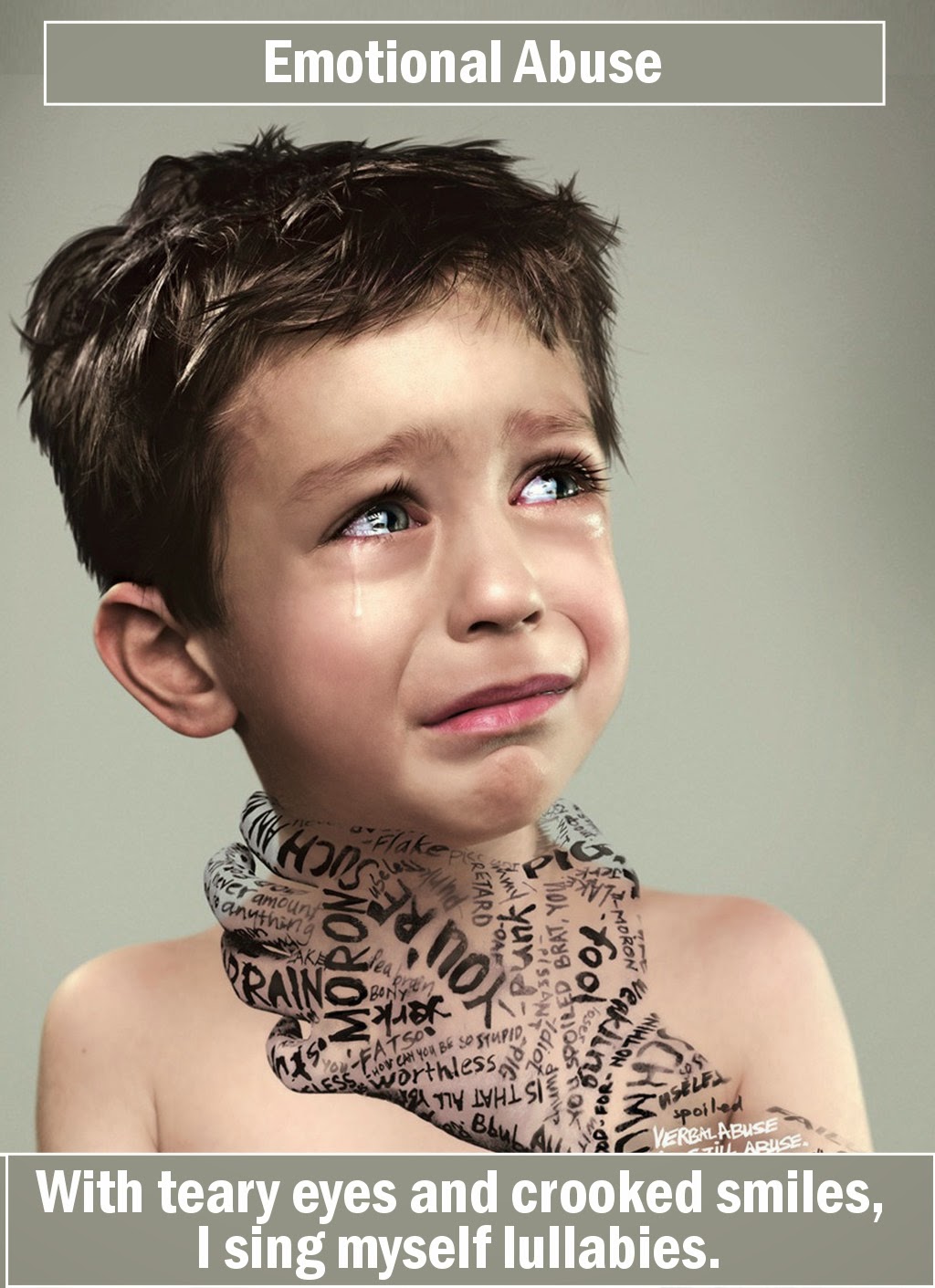Introduction to Emotional Abuse
Emotional abuse is a topic that has gained significant attention over the years, yet it remains one of the most misunderstood forms of abuse. Unlike physical abuse, which leaves visible scars, emotional abuse is often invisible, making it harder to recognize and address. In 2024, as we continue to raise awareness about mental health, understanding emotional abuse is more important than ever. It is a pattern of behavior that can severely affect an individual's mental and emotional well-being, causing long-lasting psychological scars. This guide aims to provide a comprehensive overview of emotional abuse, its signs, effects, and how to seek help.
What Constitutes Emotional Abuse?
Emotional abuse can manifest in various forms, including manipulation, intimidation, and humiliation. It often involves a consistent pattern of behavior by the abuser to control, belittle, isolate, or frighten the victim. Common tactics include gaslighting, where the abuser makes the victim doubt their own perceptions or reality, and constant criticism that undermines the victim's self-esteem. Emotional abuse is not limited to romantic relationships; it can occur between friends, family members, and even in the workplace. Recognizing the signs is the first step towards addressing this pervasive issue.
Signs of Emotional Abuse
Recognizing emotional abuse can be challenging, as it often involves subtle behaviors that escalate over time. Some common signs include feeling constantly judged or criticized, being isolated from friends and family, and experiencing anxiety or depression. Victims may also find themselves walking on eggshells, constantly trying to avoid triggering the abuser's anger. It's important to trust your instincts; if something feels wrong, it probably is. Being aware of these signs can help individuals identify emotional abuse and take steps towards seeking help.
The Impact of Emotional Abuse
The effects of emotional abuse can be devastating and long-lasting. Victims often suffer from low self-esteem, anxiety, depression, and even post-traumatic stress disorder (PTSD). The constant stress and fear can lead to physical health problems, such as headaches, insomnia, and a weakened immune system. Emotional abuse can also affect a person's ability to form healthy relationships in the future, as they may struggle with trust and self-worth. Understanding these impacts is crucial in recognizing the seriousness of emotional abuse and the need for professional support.
Why Emotional Abuse is Often Overlooked
One of the reasons emotional abuse is often overlooked is because it doesn't leave visible marks. Society tends to focus on physical abuse, which has clear evidence, while emotional abuse is more insidious and harder to prove. Additionally, victims may not even realize they are being abused due to the manipulative nature of the abuser. This lack of awareness and validation can make it difficult for victims to seek help. In 2024, as awareness grows, it's important to acknowledge and validate the experiences of those suffering from emotional abuse.
How to Seek Help
If you or someone you know is experiencing emotional abuse, it's crucial to seek help. Start by confiding in a trusted friend or family member who can provide support and validation. Professional help from a therapist or counselor can also be invaluable in processing the abuse and developing coping strategies. In some cases, legal action may be necessary, especially if the abuser is threatening or has access to personal information. Remember that seeking help is a sign of strength, not weakness, and there are resources available to support you on your journey to healing.
Building Resilience and Recovery
Recovering from emotional abuse is a journey that takes time and patience. Building resilience involves developing a strong support system, practicing self-care, and setting healthy boundaries. Therapy can be an essential part of the recovery process, helping victims rebuild their self-esteem and learn to trust again. It's important to remember that healing is possible, and with the right support, individuals can move forward and lead fulfilling lives. As we continue to evolve in 2024, let's strive to create a more supportive and understanding environment for those affected by emotional abuse.
Preventing Emotional Abuse
Prevention is an essential aspect of addressing emotional abuse. Education and awareness are key to preventing abusive behaviors from developing in the first place. Teaching young people about healthy relationships, communication, and empathy can help break the cycle of abuse. Encouraging open conversations about mental health and emotional well-being can also reduce the stigma associated with seeking help. As a society, we must prioritize these conversations to create a safer and more supportive environment for everyone.
Conclusion: Moving Forward in 2024
Emotional abuse is a complex issue that requires a multifaceted approach to address effectively. In 2024, let's commit to raising awareness, supporting victims, and preventing abuse through education and open dialogue. By understanding the signs, impacts, and ways to seek help, we can create a more empathetic and informed society. Remember, you are not alone, and there are resources and support available to help you heal and rebuild your life. Let's work together to end emotional abuse and create a brighter future for all.
You Might Also Like
The Ultimate Guide To Gaming Keyboards In 2024Discovering Walgreens Photo Services: A Comprehensive Guide For 2024
Understanding The Essence Of Inspiration: A Comprehensive Guide In 2024
Understanding R.A.M: A Comprehensive Guide For 2024
Understanding 2.5 PM: A Comprehensive Guide For 2024
Article Recommendations
- Jami Gertz 2024 A Closer Look At Her Life Career And Impact
- Jon Jones Net Worth An Indepth Look At The Ufc Legendrsquos Wealth
- Exploring Geoff Wilsons Net Worth A Comprehensive Insight


